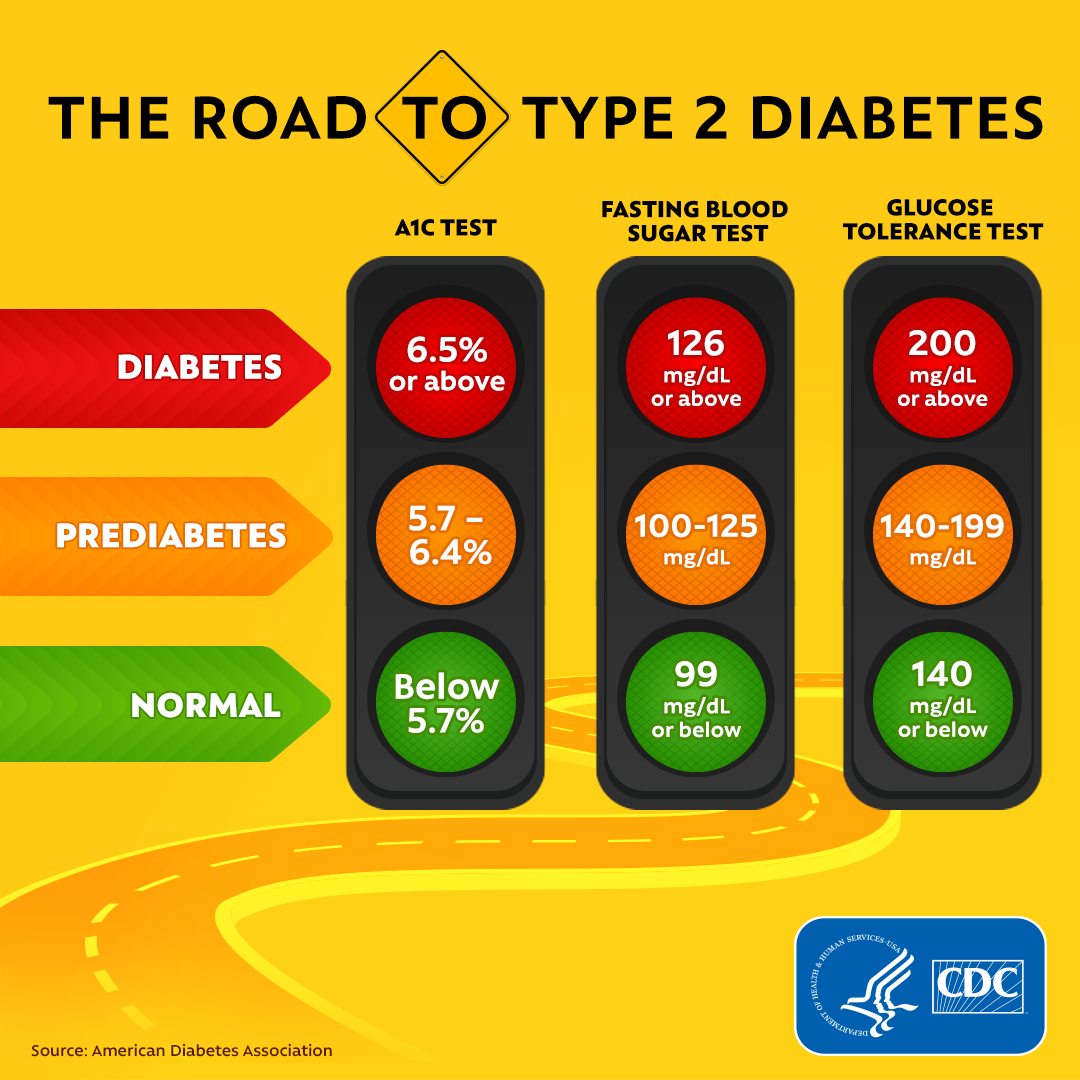Nearly 45% of the world population has oral diseases (cavities, periodontal disease, etc.) which surpasses all other non-communicable diseases (cancer, mental disorders, diabetes, cardiovascular, and chronic respiratory diseases). The European Federation of Periodontology annually draws attention to periodontal conditions (gingivitis, periodontitis, peri-implant mucositis, and peri-implantitis) that can affect overall health, and strives to improve oral hygiene for all.
A healthier smile starts with you.
Take control of your dental health.
We are here to help.





